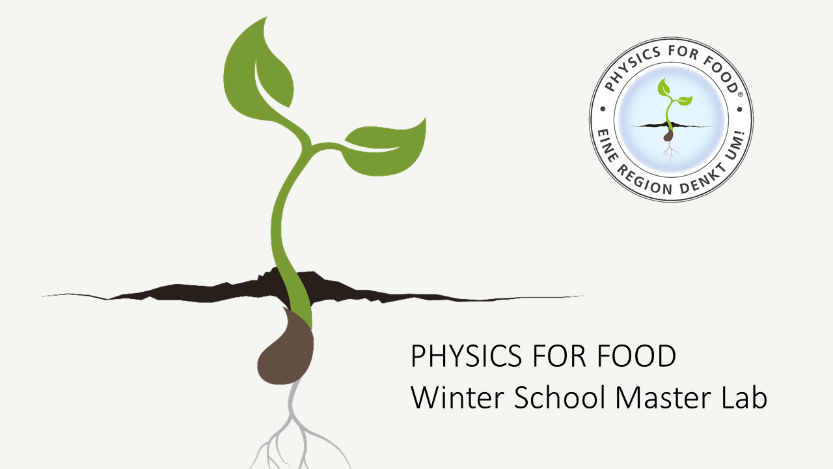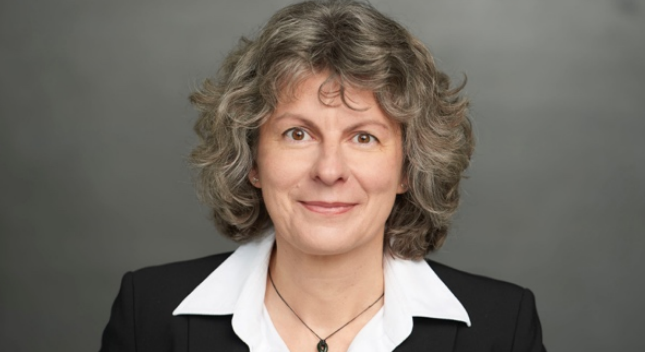Physics for Food - Spring School 2023 Date: MAY 09-13
Innovation Cluster Physics for Food and Path Creation in the Farm to Food Value Chain
Information: The program is open to all faculties and disciplines
Venue: Amtshaus Broda – University of Applied Sciences Neubrandenburg
Participants: Limited to 15 participants
Pricing: No fee
Language: English
Credits: 5cts
Assessment: Participation and Written Assignment (5 pages)
Application Process: Get more information here
Get more information here
Registration - Spring School 2023
You have questions, something is unclear and you are not sure? ask your question: hellmann@hs-nb.de

about Physics for food - spring school lab
This spring school lab is designed to familiarize master students with theoretical and analytical concepts in sustainable innovation in the agri-food sector and playfully create sustainable business models.
It has a strong solution building emphasis with a focal point on real-world problems.
We will analyse and discuss the impact of new concepts in sustainability, governance, and innovation in the farm to food value chain with a focus on the topics addressed by the physics for food innovation cluster (https://physicsforfood.org/english-summary).
At the same time the spring school is designed as a seedbed for a research operation program to develop a student driven entrepreneurial agenda and organizational (business/social) models for innovation and disruption of value chains. In the lab we employ techniques like Design Thinking, collegial consulting, and other co-creation methods. As females are underrepresented in the agri-food studies and entrepreneurial landscape we explicitly encourage their participation.
Contents - Spring School Physics for Food
Literature and Case studies will tackle specific topics such as
- Foresight, strategy, and value chain design and environmental risks in agrarian food systems
- New approaches (C2C, integrated plant protection, the future of food and IUCN goals) and management challenges
- Climate change, plant disease, productive landscape, and global consequences
- Citizen participation and evidence-based decision making.
- Case studies in innovation and sustainability related to food production.
- Real Case Physics-for-Food-Innovation-Cluster (Concepts, Findings and Regional Transformation)
THE PROGRAM
You'll find detailed information about the program, the program core team and further conditions.
Extras
Excursions and guest speakers
Fireplace evening
Handout, Syllabus, Course Schedule
About Course Management/ Lecturer: Dr. Christiane Gebhardt
Dr. Christiane Gebhardt holds a degree in public administration from University of Konstanz, a PhD in Innovation Policy from University of Giessen and is currently enrolled in a Master Programme in Biodiversity, Ecosystem Health and Wildlife at the University of Edinburgh.

She has been a Member and Strategic Advisor of the international Triple Helix Association since 1992, and Associated Editor of the Triple Helix Journal of University-Industry Government Innovation and Entrepreneurship. For twenty years she worked as a management consultant at the Malik Institute in Switzerland, an international consulting firm renowned for strategy and organization advisory for industry, university/ science and government. The focus of her research and work is strategy and organizational development and operational management for mastering complex projects and stakeholder driven innovation. Among her clients and partners are the German Ministry of Research and Education, the Swiss Federal Agency for Research and Innovation, the European Commission, the Helmholtz Association of German Research Institutes as well as many industries, start-ups and national champions. She organized the BRAINPORT Smart&Sustainable City syntegration and the FONA funded SMARTilience Project with Fraunhofer as well as many regional innovation clusters and was a member of the German Leading-Edge Cluster Commission from 2009 – 2014 after evaluating the German Entrepreneurial Regions program for Eastern Germany. She is an EU expert on smart specialization implementation and carried out research at Chicago University and the MIT/ US.
Christiane Gebhardt currently heads the regional division of the smart & sustainable city group at Drees & Sommer SE in Switzerland and is a member of the strategy team of the PHYSICS FOR FOOD Cluster.